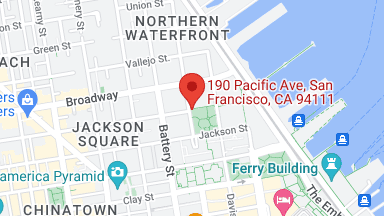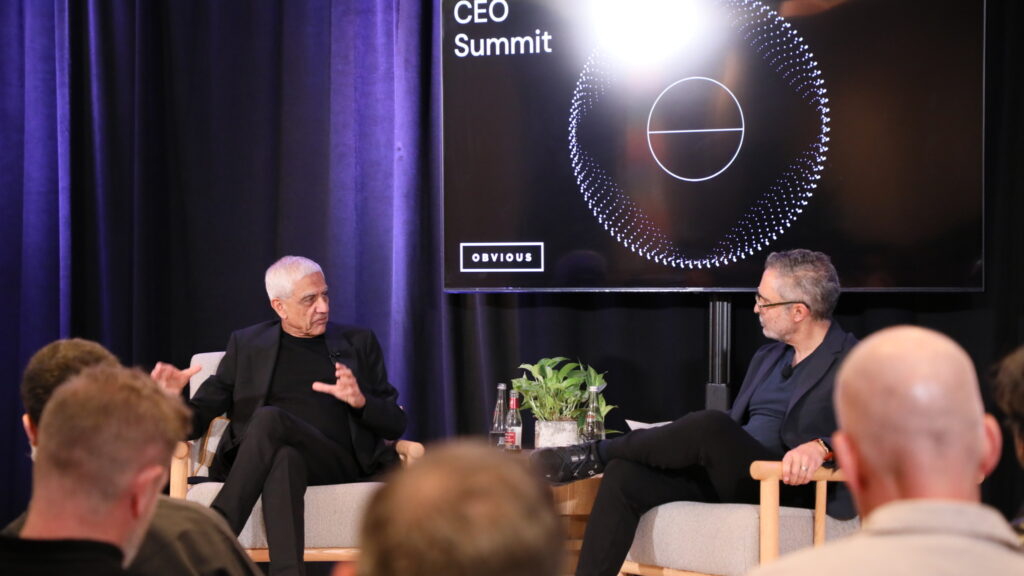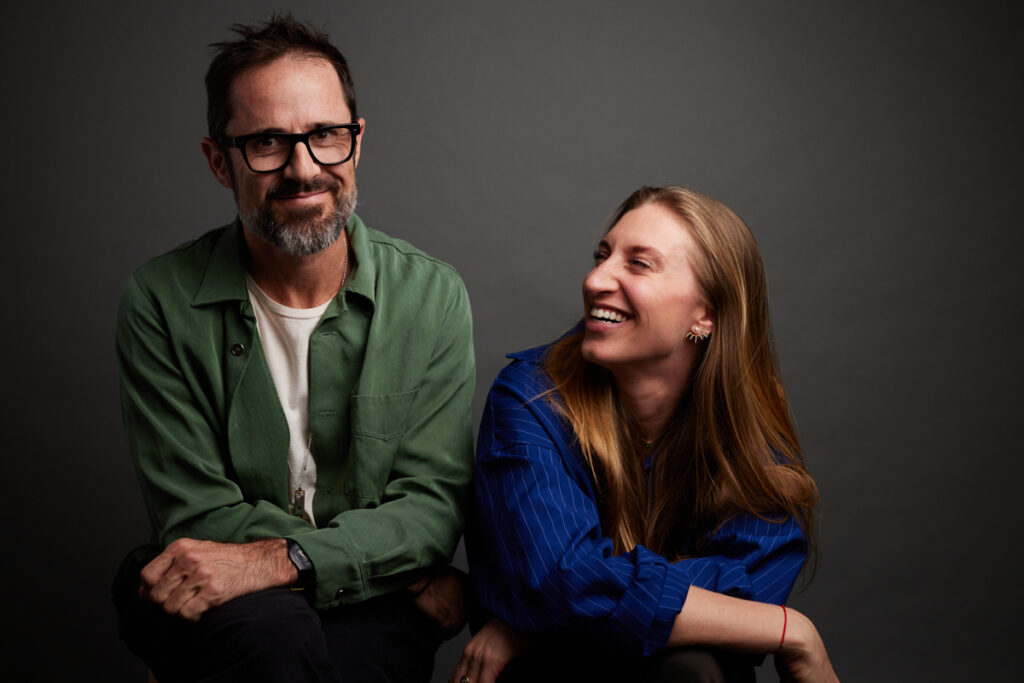The Easy Thing About Hard Things In Health Care
Vishal Vasishth |

Ask any person with type 2 diabetes what it’s like living with the disease. You’re likely to hear stories of health problems compounding other health problems on top of financial problems: lost sensation in limbs → inability to exercise → difficulty losing weight and lowering cholesterol. These are all treated with a patchwork of medications and disconnected medical providers, the management of which reaches thousands of dollars per month — at a minimum.
On a more human level, it simply makes people feel helpless.
The experience of managing type two diabetes is indicative of health care’s systemic challenges today — pay-for-service vs. pay-for-outcomes — and the misaligned incentives of its entrenched players: providers, payers, patients, and pharma. The inertia of this current system encourages providers and pharma to keep individuals with type 2 diabetes as treatable patients in their system as long as possible, raising costs for payers:
Check in once every three months with endocrinologist ($).
Refill insulin, statin, and other meds ($$).
Repeat ($$$).
But we are now seeing the potential of technology to give rise to an entirely new health care system—one that is tech-enabled, with personalized approaches delivering clinical outcomes, built on business models that make people demonstrably healthier.
Concurrently, consumer and industry technologies — specifically the rise of internet, mobile devices, ML/AI, and genomics — have advanced at extraordinary rates. So why hasn’t our health and well-being kept up? Technology has steamrolled ahead as our lifespan has been slowly walking backwards. The majority of advancements in health care have been incremental improvements to the current state, via light-touch digital therapeutics, apps and products.
Our friends at Rock Health are demonstrating how the tide is turning through The Impact Project, elevating stories of how patients across the United States have been affected by tech-enabled health care solutions.
One of these stories is about a patient named Mike, who’d had type two diabetes for over three decades. Not long after his 52nd birthday Mike’s brother told him about Virta Health, a treatment for diabetes reversal built on decades of research on human metabolic disorders, new developments in epigenetics and genomics, and advances in mobile technology. He admitted that he “never knew there was an alternative to medicine to manage this disease,” and contacted them shortly thereafter. Four months after working with the company, Mike went off almost all of his insulin, his blood glucose (HbA1c) levels and cholesterol have dropped significantly, he is gaining sensation back in his limbs, and he’s halfway to shedding the 100 pounds he needs to lose.
“It has definitely changed my life,” he said.
A New, Tech-Enabled Model: When Providers, Payers, and Pharma Go Full-Stack
Virta is pioneering a new model for what it means to be a full-stack provider. They start by shifting the problem statement from “How might we treat diabetes?” to “How might we reverse this disease entirely for Mike?” In doing so, they are adopting a strategic approach that is:
Tech-Enabled: Yes, Virta is utilizing advancements in data science, artificial intelligence and machine learning. They’re also simply meeting patients where they are with high-touch interventions (continuous monitoring, aligned workflow, and more) using the latest in consumer technology. The combination of the two is allowing Virta to personalize engagement in ways not done before.
Outcome-Based (Clinical): Treatment, by definition, can go on indefinitely with multiple, moving targets — and fits snugly with a fee-for-service model. Reversal, by contrast, is binary; it’s a clinical outcome to be achieved as measured primarily by HbA1C with evidence-based results, while making nearly every player in the system better-off — patients, most importantly.
Driven by a New Business Model: Viability of the business model is predicated on lower costs for the patient and the payer over the long-term. Turns out the cost-savings are extraordinary, for all involved — including the billions of non-diabetic tax-payers around the world.
We are seeing this three-tiered approach across Obvious’ other health care investments as well.
In pharma, Recursion Pharma is deploying emerging tech tools to drug discovery, flipping the process entirely on its ear: from a reductionist approach yielding a handful of new drugs at a $150 billion aggregate industry price tag, to the use of high-dimensional data sets from inexpensive image-based assays. [In the last 18 months alone, Recursion has identified nearly two dozen new treatments that hold promise for patients with a variety of rare genetic diseases.] We’ve also invested in Devoted Health, a new payer model that incentivizes and enables providers to keep people healthy, and in the process lowers costs by improving patient outcomes. And lastly CareZone, which helps consumers (and their loved ones) order, organize and keep track of medications, as well as appointments, important numbers, and more.
The (Investment) Risks Worth Taking

While many investors might shy away, we believe that these “leapfrog” approaches enabling an entirely new health care system represent both the biggest market and moral opportunities. Reimagining key elements of the health care stack — care, cures, and costs — should create a system that is affordable and equitable for everyone.
Incremental improvements on the current system simply won’t get us there fast enough. And it isn’t a stretch to suggest that our very way of life is at risk if we don’t.
Some of the most talented folks within and beyond Silicon Valley talk about wanting to solve hard problems when evaluating their next move. It should be clear just how hard these health care problems are to address, especially at scale.
Once you get that, the decision to go after them should be easy. These are the leaders and companies we want to invest in. If that’s you, then let’s go after them together.



